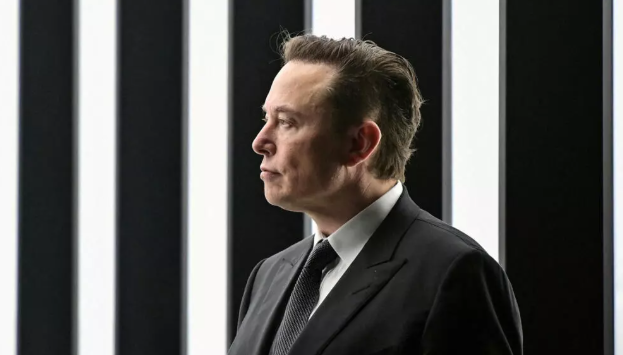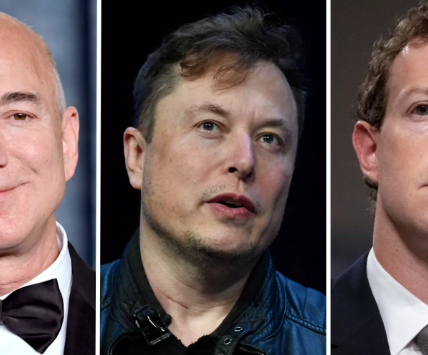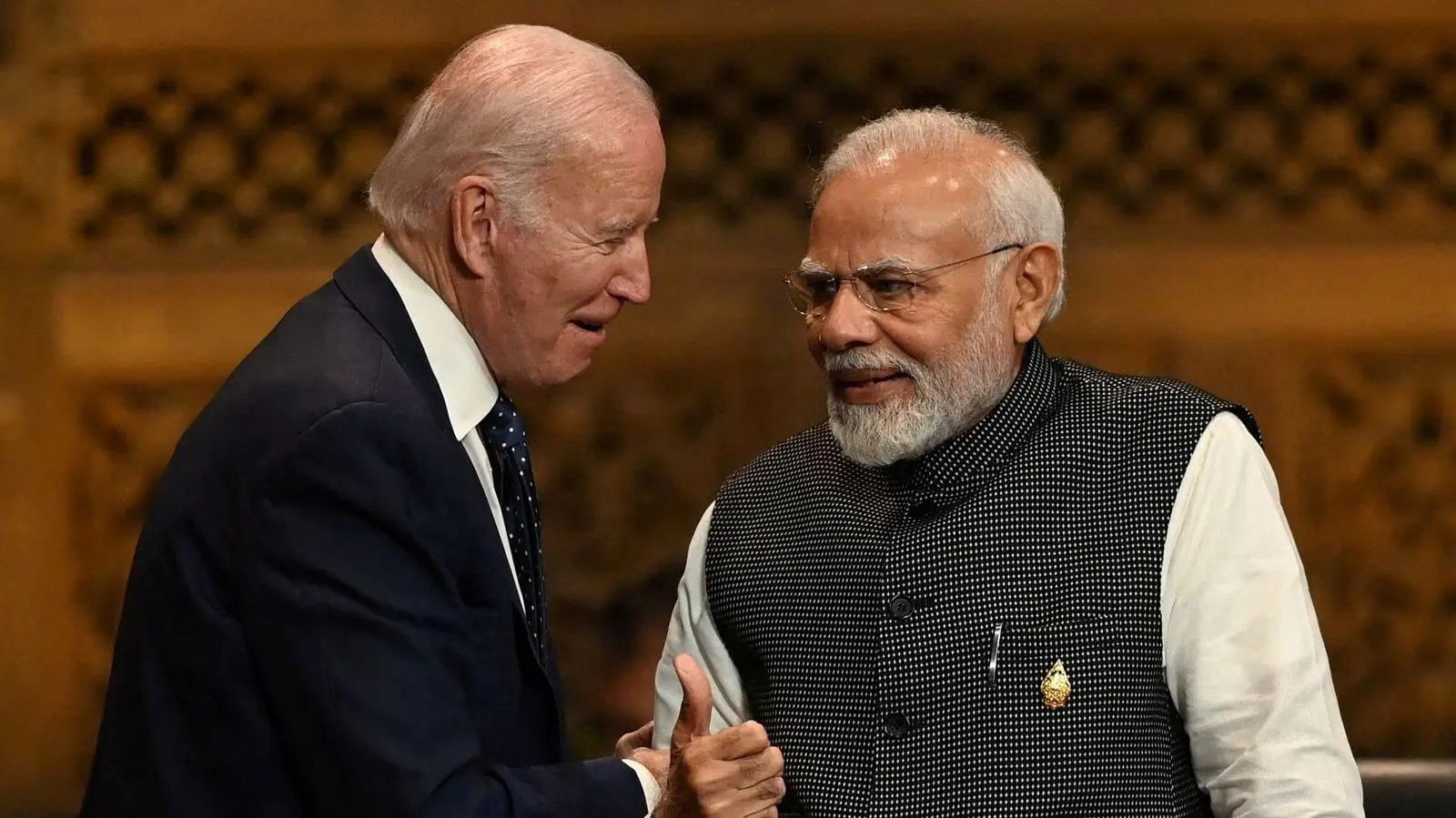Elon Musk Introduces Grokipedia: A New AI Alternative to Wikipedia
Billionaire entrepreneur Elon Musk has launched Grokipedia, an artificial intelligence-powered online encyclopaedia designed to compete directly with Wikipedia. The Tesla and SpaceX CEO describes the new platform as a space for “objective truth,” free from what he calls Wikipedia’s “left-wing bias.”
According to Musk, Grokipedia will rely on Grok, the AI chatbot integrated into his social platform X, to generate and curate content instead of community volunteers. The platform, officially unveiled on October 27, 2025, aims to “purify knowledge” through algorithms and automation rather than human editing.
Wikipedia vs. Grokipedia: Two Visions of Knowledge
Since its creation in 2001, Wikipedia has been the world’s largest source of free knowledge, with contributions from millions of volunteer editors across 300+ languages. It operates as a collaborative, open-source model sustained by public donations.
Musk, however, argues that Wikipedia’s collaborative model has become politicized. He has accused the Wikimedia Foundation of promoting ideological agendas and spending large portions of its budget on diversity and inclusion initiatives. Musk’s alternative vision replaces human consensus with algorithmic precision—at least in theory.
AI as the Editor-in-Chief
Unlike Wikipedia, where facts are debated and verified by volunteers, Grokipedia’s fact-checking and content creation are fully powered by Grok AI. Musk insists that “AI doesn’t care about ideology—it cares about accuracy.”
However, digital researchers and technology ethicists are skeptical. Anaïs Nony, a scholar at the University of Johannesburg, warns that AI systems inherently reflect the biases of their creators. “There is no such thing as neutral technology,” she explained. “Every algorithm is built upon human values and perspectives.”
Experts also argue that Musk’s approach undermines the collective spirit of information sharing. “Wikipedia thrives on peer dialogue and community review,” Nony added. “Replacing that with an AI model risks turning knowledge into a product, not a process.”
Critics Question Grokipedia’s Credibility
Concerns about Grokipedia’s reliability have already surfaced. According to Wired magazine, several entries on the platform reportedly promote conservative viewpoints and contain factual distortions. For example, its page on slavery includes sections that “justify” the practice, while a search for “gay marriage” redirects users to unrelated, misleading topics.
Scholars argue that this demonstrates how AI-driven platforms can unintentionally amplify existing biases. As Kate Crawford, author of Atlas of AI, notes, “AI systems are designed to serve the interests of those who fund and train them—they are not inherently rational or impartial.”
From Open Knowledge to Algorithmic Control
The launch of Grokipedia has sparked broader debate about the future of knowledge online. Supporters see it as a step toward technological objectivity, while critics call it a “machine for discrediting collective science.”
Nony describes Musk’s initiative as part of a “neoliberal and colonial continuity”, comparing it to his efforts with Starlink and X. “It’s about consolidating control—over information, communication, and even perception,” she said.
In contrast to Wikipedia’s open editing system, Grokipedia’s content cannot be modified by users, reinforcing Musk’s central control over how knowledge is shaped and presented.
A New Battle Over the ‘Truth’ Online
Musk’s ongoing feud with Wikipedia is not new. He has long criticized the platform for what he calls ideological censorship, even jokingly offering $1 billion to rename it “Dickipedia.” After acquiring X, Musk urged his millions of followers to stop donating to what he dubbed “Wokepedia.”
Now, with Grokipedia, he seems to be building his own ecosystem of truth—one curated by AI, directed by algorithms, and overseen by his own companies. Whether it succeeds or not, the project marks a turning point in how the world might access and interpret information.
In this new era of AI-driven knowledge, the line between information and ideology grows thinner. What was once shared may soon be owned.





